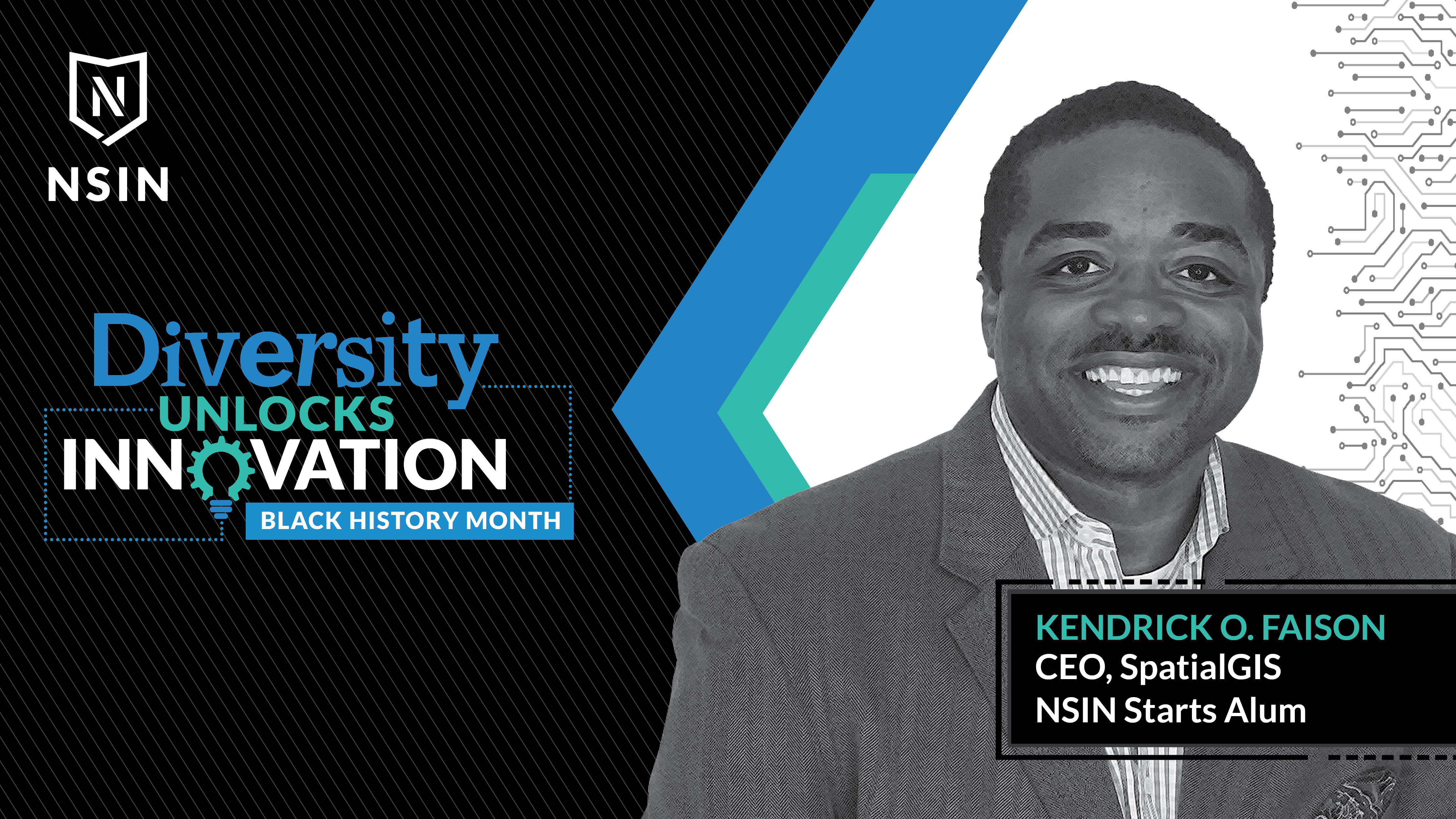
Kendrick Faison - Emerging Leader


NAME: Kendrick Faison
NSIN AFFILIATION: NSIN Starts
Alum
AFFILIATION: CEO, SpatialGIS
STATE: Maryland
Q: Who/what inspired you to get involved in an NSIN defense innovation program?
What inspired me to be involved with the NSIN defense innovation program was that I wanted SpatialGIS to learn, grow, collaborate, and contribute with a group of thought leaders moving the technology, people, and purpose of national security forward. I acknowledge and see the importance of being a part of the team. I am a strong supporter of agile, next generation thinking, and collaborative problem solving, all things I like about this program. The summation of many with one goal to safeguard the homeland.
Q: What advice would you offer to others about pathways to national service and working with the Department of Defense?
I would recommend jumping in feet first. As the old saying goes, 70% of the battle is just showing up. Next, I would recommend studying the trade craft and learning how to bring new ideas to the table. It is equally important to find a great mentor who can help navigate through sometimes very complex processes working in the federal sector. Lastly, I would recommend always having a hunger to learn and ask questions.
Q: In your experience, how has diversity, or the lack of diversity, affected a team's ability to generate creative ideas and solve problems?
Honestly, I believe it has both helped and hindered our growth. I think it has helped and been a blessing to assist and be a trailblazer coming up with unique ideas and concepts as a minority-owned firm. On the flip side, I think with the added pressure of working with limited access to capital and resources has not enabled us to grow to our maximum potential. In addition, I do believe it is essential that diversity be more action than just a talking point.
Q: If you could go to dinner with any Black historical figure, dead or alive, who would it be and why?
I would say, Dr. Homer G. Phillips, a St. Louis legend. One incredible fact that people might not know, is that he gave students that were overqualified, but could not get into a white medical and/or nursing school, the ability to become world-class doctors. I notice the same trend now in St. Louis, in the field of geospatial, where we have some of the greatest minds in our HBCU's that most of those programs often over look to help graduates of PWI's. I am a product of Fayetteville State University, a North Carolina HBCU, and graduated with a dual degree in History and Geography. I, too, like Dr. Phillips, want to give Black and other minorities groups opportunities to grow and be successful in St. Louis.
Q: Why is it important to learn about Black history and what does it mean to you?
There is a saying, "History repeats itself" We have made some incredible achievements as Blacks in this country and the defense community. We have to make sure that we tell our story so that the generation behind us can pick up where we left off and keep going. I think it's more important that others understand the truth about Black people rather than listen to the false narrative that has followed us. I am working daily to make sure that my name and legacy are also etched in the country's history as a person who made a difference.